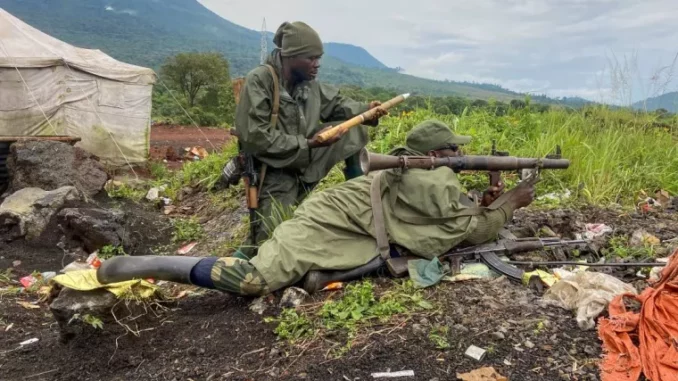
Rwanda and the Democratic Republic of Congo (DRC) signed a U.S.-brokered peace agreement on Friday (27 June), marking a tentative turning point in a decades-long conflict that has killed millions and destabilized Africa’s Great Lakes region.
The deal, signed at the U.S. State Department with Secretary of State Marco Rubio and facilitated by President Donald Trump’s administration, includes provisions for Rwanda’s withdrawal of troops within 90 days and a ban on support for armed groups such as the FDLR. In return, DRC agrees to halt backing militias tied to the 1994 Rwandan genocide. Rwanda has long been accused of supporting M23 rebels in eastern DRC — allegations it denies but which independent reports have substantiated. This year’s rebel offensives displaced hundreds of thousands and raised fears of a wider war.
The agreement also outlines plans for joint security coordination and a framework for regional economic integration. Critics say the accord emphasizes mineral wealth — cobalt, tantalum, gold — over justice and humanitarian concerns. “This is an important moment after 30 years of war,” said Rubio. But questions remain: the deal omits accountability for wartime sexual violence and fails to address the needs of displaced civilians. Analysts warn its success hinges on international oversight. “The two countries have at least committed themselves to ceasing all forms of hostility,” said political analyst Yvon Muya. “In this sense, [the peace deal] is chiefly a process to restore trust.”
